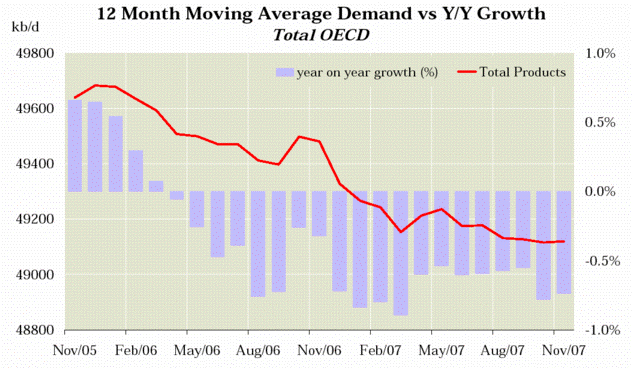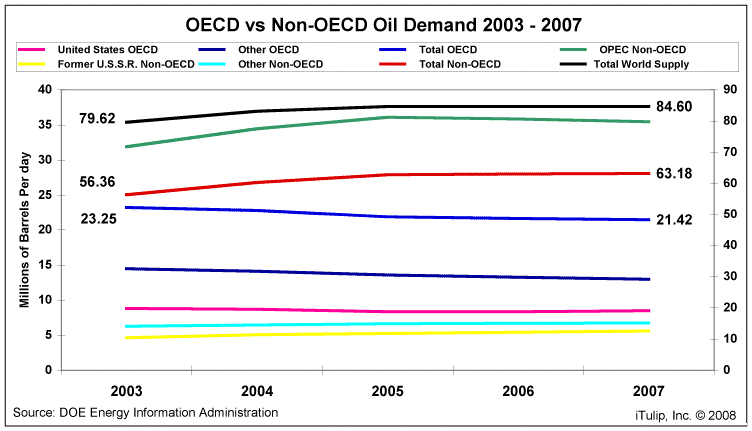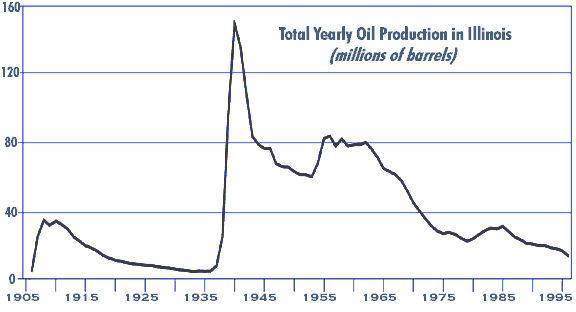Re: We have an oil bubble : the proof
many smart folks explained the enron racket while it went on. who listened while the money flowed? no money in not believing, eh?
global enron? who is running it? explaining it?
Originally posted by jtabeb
View Post
global enron? who is running it? explaining it?









 This kind of financial math can make profits out of anything that has a guaranteed price increase in the future (oil being a perfect candidate due to Peak Cheap Oil and inflation).
This kind of financial math can make profits out of anything that has a guaranteed price increase in the future (oil being a perfect candidate due to Peak Cheap Oil and inflation).
Comment